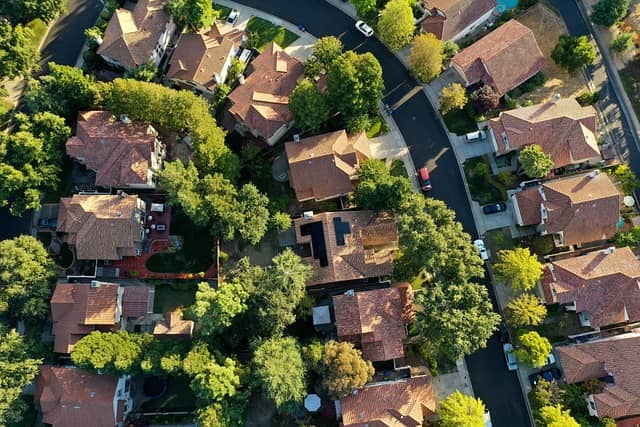As environmental awareness rises, sustainable living has become more than just a trend in Nepal, it’s a necessity. Homebuyers are increasingly drawn to eco-friendly homes that promote sustainable practices while offering long-term value. From energy-efficient designs to green amenities, sustainable living is transforming Nepal’s real estate landscape. Here’s why investing in eco-friendly properties can benefit both homeowners and the environment.
Energy Efficiency for Cost Savings
One of the major perks of sustainable homes is their energy efficiency. Homes equipped with energy-efficient appliances, insulated windows, and solar panels consume less energy, which directly lowers electricity bills. Solar panels, in particular, are gaining popularity as they offer a renewable energy source and reduce reliance on traditional power. These green features not only reduce monthly expenses but also increase a property’s overall market value. Buyers are willing to invest more in homes that offer long-term cost savings and environmental benefits.
Water Conservation for a Sustainable Lifestyle
Water conservation is a core aspect of sustainable living. With water resources becoming increasingly scarce, properties equipped with rainwater harvesting systems or water-efficient plumbing fixtures are more appealing to eco-conscious buyers. These features support a sustainable lifestyle by reducing water wastage, helping homeowners save on utility costs while being mindful of their environmental impact. Rainwater harvesting, in particular, can be a game-changer in urban settings where water supply is often limited.
Green Spaces for Health and Well-Being
Sustainable homes often prioritize green spaces, which benefit both the residents and the environment. Access to green spaces like gardens, parks, or rooftop terraces has a positive impact on mental and physical well-being. Many developers in Nepal are incorporating rooftop gardens or community parks in their projects to enhance the living experience. Green spaces help reduce air pollution, support biodiversity, and create a calming environment, making them a valuable addition to any property.
Eco-Friendly Building Materials for Durability
Choosing eco-friendly materials, such as recycled wood, bamboo, and non-toxic paints, reduces the carbon footprint associated with construction. These materials are often more durable and require less maintenance over time, resulting in long-term cost savings. Sustainable building materials also improve indoor air quality by reducing exposure to harmful chemicals, which is an added benefit for families looking to live a healthier lifestyle.
The Future of Sustainable Real Estate in Nepal
As sustainable living gains traction, developers in Nepal are incorporating eco-friendly features to meet buyer demands. More residential projects now focus on energy-efficient designs, green building materials, and innovative water conservation systems. For buyers, investing in sustainable real estate is not only a responsible choice for the environment but also a smart financial decision with long-term rewards. Sustainable properties tend to hold their value better, making them a stable and future-proof investment.
Conclusion
Sustainable living is the future of real estate in Nepal. By choosing eco-friendly homes, buyers can enjoy lower utility costs, healthier living spaces, and the satisfaction of contributing to a greener planet. In a world where environmental consciousness is on the rise, sustainable homes offer a lifestyle that aligns with values and offers lasting benefits.
Continue reading: How the Rise of Remote Work is Shaping Housing Preferences in Nepal






